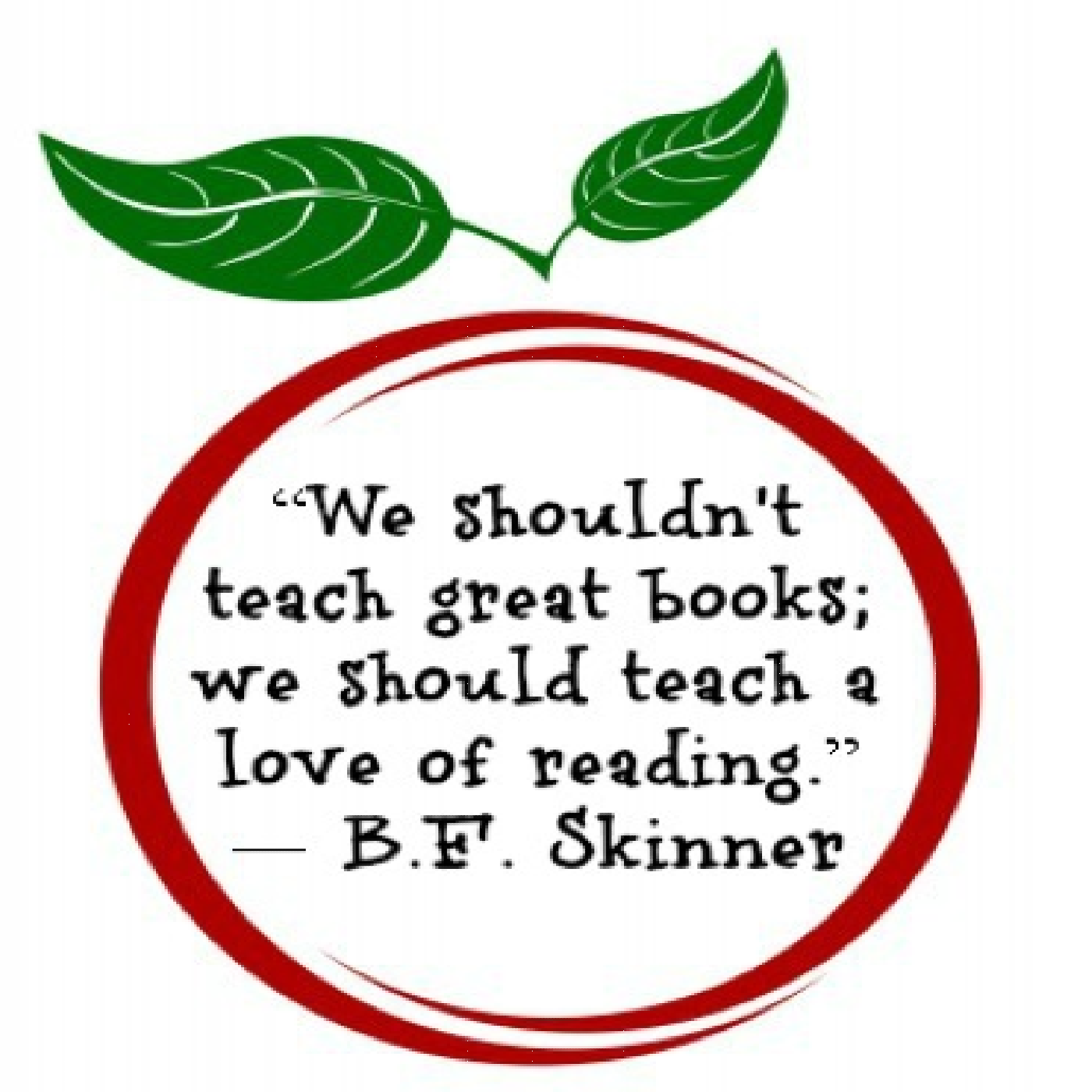 Sign in
Sign in
Arts
chillsatwillpodcast
The Chills at Will Podcast is a celebration of the visceral beauty of literature. This beauty will be examined through close reads of phrases and lines and passages from fiction and nonfiction that thrills the reader, so much so that he wants to read again and again to replicate that thrill. Each episode will focus on a different theme, such as "The Power of Flashback," "Understatement," "Cats in the Cradle," and "Chills at Will: Origin Story."

Episode 162 with Erin Keane, Editor-in-Chief of Salon Magazine and Profound and Well-Researched Writer of the Moving, Incisive, and Haunting Runaway: Notes From the Myths that Made Me
Episode 162 Notes and Links to Erin Keane’s Work
On Episode 162 of The Chills at Will Podcast, Pete welcomes Erin Keane, and the two discuss, among other things, her early voracious reading, her work as writer and editor and Editor-in-Chief, and ideas from her memoir of life imitating art, art versus artist, patterns of misogyny and burdens laid upon women and girls, a “runway” versus a “missing girl,” and other salient issues and themes that come from her mother and family’s stories.
Erin Keane was born in New Jersey and raised in Kentucky and feels both states are misunderstood.
RUNAWAY: Notes on the Myths that Made Me, her debut full-length nonfiction book, is a memoir in essays about her parents/pop culture/gender.
She’s also the author of three collections of poetry: Demolition of the Promised Land (Typecast Publishing, 2014 — out of print), Death-Defying Acts (WordFarm, 2010), and The Gravity Soundtrack, (WordFarm, 2007).
She’s Editor in Chief At Salon, she writes mostly about culture and drinks, including the cocktails-and-mindfulness column The Oracle Pour, in which she dresses her writing about life up in drink recipe clothes. She’s a public radio alum and daily newspaper-trained, and she cut her teeth in the beautiful wild world of the alt-weekly.
Erin is a member of the graduate faculty of Spalding University’s Sena Naslund-Karen Mann School of Writing, where she teaches creative nonfiction, poetry, and professional writing.
Buy Runaway: Notes on The Myths that Made Me
Erin Keane's Website
“Why do guys like George Santos lie? I asked myself the same thing about my father” from Salon Magazine
Lorraine Berry Reviews Runaway for The Los Angeles Times
Excerpt from Runaway in Salon Magazine: “A girl's skeleton in the museum: On runaways, the Jersey Shore and a cold case that haunted me”
At about 6:25, Erin describes her childhood love of, and experiences with, reading, storytelling, and the written word
At about 10:50, Pete shouts out Shel Silverstein’s legacy, and Erin references being “weirdly seen” in some of the darker literature intended for kids
At about 13:00, Erin lists books by Stephen King as inspirations for her in many ways, including in the ways in which King incorporated pop culture into his work; David Wojahn, too, is cited for his daring and skillful poetry
At about 17:00-20:00, Erin shouts out Predator from Ander Monson as a recent book that has thrilled and impressed her, as well as Liz Prato’s Kids in America
At about 22:45, Erin responds to Pete’s questions about reading for pleasure
At about 24:30, Erin discusses her Dec. 31 article for Salon about George Santos and his lies; she discusses it as a “timely topical book tie-in essay” as the article and Erin’s book discuss her father’s problems with truth
At about 30:00, Erin gives background on seeds for her book Runaway, particularly a 2015 expose by Mariel Hemingway and how it led Erin to completely reexamine Woody Allen’s Manhattan in relation to her parents’ own relationship
At about 33:35, Pete and Erin discuss ideas of cognitive dissonance involving her father and those who saw the marriage between a 15 yr old and mid 30 yr old, including Erin’s grandparents
At about 36:35, Pete and Erin muse about Erin’s grandmother’s phone habits and Erin describes the research she did to find out about phone card “hacks” in the 1970s when Erin’s mom had run away but was able to use public phones
At about 41:10, Erin examines the ways in which her grandparents saw her mother’s years on the road and ideas of generational guilt and penance and lessons learned
At about 42:15, Erin discusses the ways in which her mother/daughter relationship and her and her brother’s behavior was affected by their mother’s history and parents’ reactions
At about 45:00, Pete cites some profound lines from the beginning chapter that deal with misogyny and allowing male artists huge leeway with their art often being dismissed as distinct from their motivations/actions
At about 46:20, Erin speaks about ideas of “wayward” men being “saved” by women and the burdens and unfairness involved
At about 49:20, Pete asks Erin about her usage of “survivor’s guilt” in the book
At about 52:40, Erin discusses the horrific case of “Sandy” at the Smithsonian as a microcosm of the greater runaway “epidemic” of the 1970s
At about 57:25, The two discuss ideas of the connections between women’s agency and men’s comfort and how this played out in her family’s stories
At about 1:01:00, Erin details her mother’s struggles and tries to home in on reasons for her leaving home at age 13
At about 1:04:30, Erin discusses her research for the book in light of a famous journalistic credo
At about 1:07:45, Pete and Erin discusses some happy moments in her mother’s story, and also some scary and traumatic events
At about 1:09:00, Erin analyzes an incident from her high school years that has grown in importance and significance as the years have gone on, as well as how the incident was informed by her mother’s history
At about 1:12:00, Pete reflects on his reaction to the above story, and ideas of projection and “accuser/accused”
At about 1:13:15, Erin expands upon ideas of the leeway and honors bestowed upon men, and how women (including Cait O’Riordan and Yoko Ono and other pop culture/artistic figures) have been minimized by society
At about 1:19:00, Pete compliments the book as a whole, including its profound ending image
You can now subscribe to the podcast on Apple Podcasts, and leave me a five-star review. You can also ask for the podcast by name using Alexa, and find the pod on Stitcher, Spotify, and on Amazon Music. Follow me on IG, where I’m @chillsatwillpodcast, or on Twitter, where I’m @chillsatwillpo1. You can watch other episodes on YouTube-watch and subscribe to The Chills at Will Podcast Channel. Please subscribe to both my YouTube Channel and my podcast while you’re checking out this episode.
Sign up now for The Chills at Will Podcast Patreon: it can be found at patreon.com/chillsatwillpodcastpeterriehl
Check out the page that describes the benefits of a Patreon membership, including cool swag and bonus episodes. Thanks in advance for supporting my one-man show, my DIY podcast and my extensive reading, research, editing, and promoting to keep this independent podcast pumping out high-quality content!
This is a passion project of mine, a DIY operation, and I’d love for your help in promoting what I’m convinced is a unique and spirited look at an often-ignored art form.
The intro song for The Chills at Will Podcast is “Wind Down” (Instrumental Version), and the other song played on this episode was “Hoops” (Instrumental)” by Matt Weidauer, and both songs are used through ArchesAudio.com.
Please tune in for Episode 163 with Margo Candela, whose decade-long hiatus from book publishing ended recently with the beautiful and funny and haunting and profound book, The Neapolitan Sisters.
The episode will air on January 31.
01:22:4924/01/2023

Episode 161 with Matthew Salesses, the Brilliant and Versatile Writer and Educator, and Author of Among Others, The Sense of Wonder, and the Paradigm-Shifting Craft in the Real World
Episode 161 Notes and Links to Matthew Salesses’ Work
On Episode 161 of The Chills at Will Podcast, Pete welcomes Matthew Salesses, and the two discuss, among other things, his early relationships with writing and language, his latest book (out January 17!), The Sense of Wonder, its connection to real-life events and Korean dramas, its background and themes and implications, and his processes in writing the book and his 2021 smash, Craft in the Real World and its ideas that shift the paradigms of teaching writing in workshops and reevaluating ideas of “relatability,” bias, and audience.
Matthew Salesses is the author of The Sense of Wonder, national bestseller Craft in the Real World, the 2021 finalist for the PEN/Faulkner Award for Fiction Disappear Doppelgänger Disappear, and two other novels. Adopted from Korea, he has written about adoption, race, and Asian American masculinity in The Best American Essays 2020, NPR's Code Switch, the New York Times blog Motherlode, and The Guardian, among other media outlets. BuzzFeed has named him one of 32 Essential Asian American Writers. He lives in New York City, where he is an Assistant Professor of Writing at Columbia University.
Buy Craft in the Real World
Matthew Salesses' Website
The Washington Post Review of The Sense of Wonder-by Ron Charles
New York Times Discussion of Craft in the Real World: Rethinking Fiction Writing and Workshopping by Laila Lalami
At about 7:20, Matt shouts out his launch party on publication day (January 17) for The Sense of Wonder, an event at with “BFF” Kirstin Chen at Books are Magic in Brooklyn at 7pm EST: in-person and on YouTube Live
At about 8:40, Matt describes his relationship with language and books as a kid and ideas of agency and reading fantasy
At about 11:00, Matt describes the scant examples of representation that was available
At about 12:45, Matt describes what he read at school
At about 13:40, Matt traces early moments in his writing career, as well as the omnipresence of books in his house
At about 14:55, Matt responds to Pete’s question about who/what his students are reading, and he highlights the resonance of Katie Kiramura’s writing
At about 16:20, Matt gives background on the beginnings of The Sense of Wonder, including connections to Jeremy Lin
At about 19:20, Pete and Matt lay out the book’s main characters, and Matt explains the cool name for the star basketball player,
At about 20:45, Pete cites the book’s epigraph and how the book opens
At about 21:45, Matt explains how Robert Sung and Won Lee, two of the book’s main characters, are similar and dissimilar
At about 23:40, Matt and Pete discuss the connections between Powerball! and Robert Sung and their distinct and shared trajectories, including how a woman loved by both, Brit Young, is a dynamic character
At about 26:00, Pete outlines the hysteria that surrounds Won’s standout play and Matthew details Won’s coach’s behavior
At about 28:30, Matthew expands upon how a “scarcity model” plays out in the book with Sung and Won, and how it manifested in Matthew’s own life
At about 30:50, Matthew describes the significance of a scene that Pete compliments as “icky,” including
At about 33:00, Carrie Kang is described and her and Won’s backstories are laid out as Pete brings up connections to agency as seen in both of Matt’s recent books
At about 35:15, Matt describes the “living funeral” done in the book, and how this storyline with Carrie’s sister K having Stage IV Cancer mirrors the story of Matt’s own wife
At about 37:50, Pete dates himself with a ridiculous movie reference and Matthew talks about the sections in which Carrie lays out basics of K Dramas; his answer touches upon ideas of “audience”
At about 40:30, Pete asks Matthew to define “wonder,” especially as used in the book
At about 41:50, the two discuss the second half of the book, including Matthew’s skillful usage of timing and connections to K Drama storylines
At about 44:35, Pete compliments the ending, including the clever and intriguing last sentence of the book
At about 45:00, Pete highlights a profound quote about wonder from K at her “living funeral”
At about 46:25, Matthew responds to Pete’s questions about Craft in the Real World and ideas of “unlearning” after Pete’s notes the book’s immediate appeal to all readers, including its special place among educators
At about 47:35, Pete asks Matthew about the significant example he uses in the book about “query” versus “ask” with dialogue
At about 49:30, Pete notes the book’s two-half structure and notes the emphasis on craft as necessarily cultural; Matt speaks to ideas of writing as apolitical or “outside
At about 51:40, Matt and Pete discuss ideas of “know[ing] your audience” and its connection to craft
At about 53:10, Matt describes short-sighted criticisms from Western readers/writers
At about 54:35, Matt and Pete discuss the importance of Gish Jen pointing out a survey/experiment that fleshes out differences in types of literature types, and how Western critics often limit and unfairly criticize Asian and American-writing; Matt also refers to ideas of “hybridity” as stated by Lisa Lowe
At about 56:55, Pete asks about how Matthew runs his workshops and responds to Pete’s question about ways in which to keep workshops balanced and
At about 59:00, Matthew shares positive feedback that comes from readers of his book, and Pete shares a quote from the book that sums up its greatness
You can now subscribe to the podcast on Apple Podcasts, and leave me a five-star review. You can also ask for the podcast by name using Alexa, and find the pod on Stitcher, Spotify, and on Amazon Music. Follow me on IG, where I’m @chillsatwillpodcast, or on Twitter, where I’m @chillsatwillpo1. You can watch other episodes on YouTube-watch and subscribe to The Chills at Will Podcast Channel. Please subscribe to both my YouTube Channel and my podcast while you’re checking out this episode.
Sign up now for The Chills at Will Podcast Patreon: it can be found at patreon.com/chillsatwillpodcastpeterriehl
Check out the page that describes the benefits of a Patreon membership, including cool swag and bonus episodes. Thanks in advance for supporting my one-man show, my DIY podcast and my extensive reading, research, editing, and promoting to keep this independent podcast pumping out high-quality content!
This is a passion project of mine, a DIY operation, and I’d love for your help in promoting what I’m convinced is a unique and spirited look at an often-ignored art form.
The intro song for The Chills at Will Podcast is “Wind Down” (Instrumental Version), and the other song played on this episode was “Hoops” (Instrumental)” by Matt Weidauer, and both songs are used through ArchesAudio.com.
Please tune in for Episode 162 with Erin Keane, whose RUNAWAY: Notes on the Myths that Made Me, her debut full-length nonfiction book, is a memoir in essays about her parents/pop culture/gender. Erin is also Editor in Chief at Salon Magazine and the author of three collections of poetry.
The episode will air on January 24.
01:04:4617/01/2023





